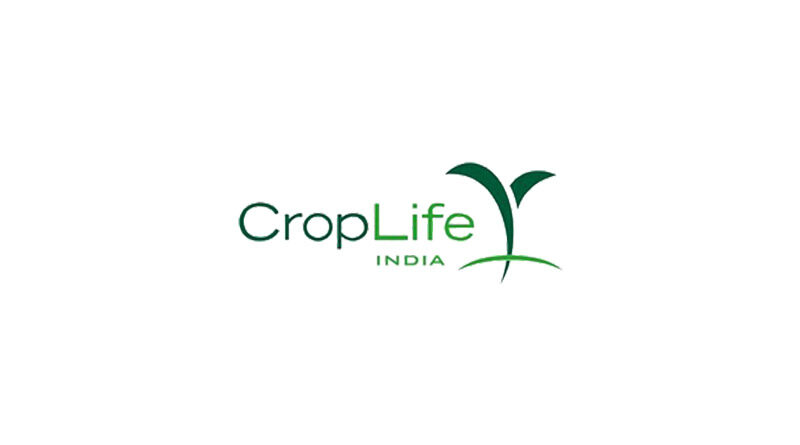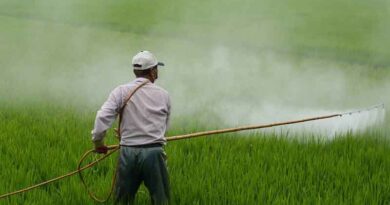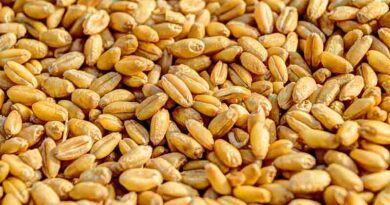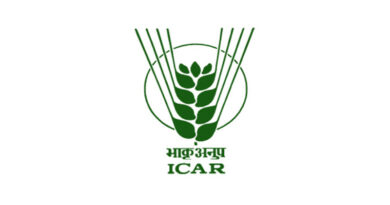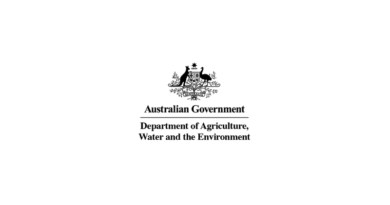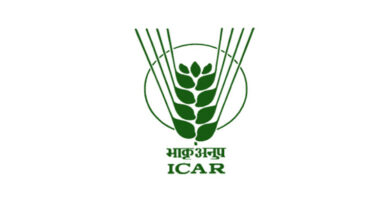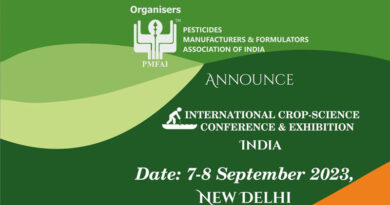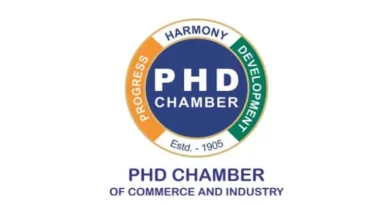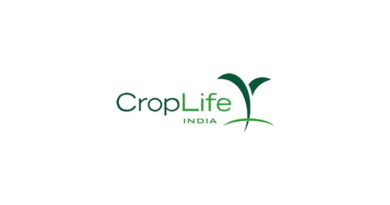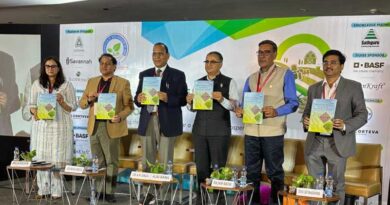CropLife India seeks a robust policy framework for recycling of empty pesticide containers (EPC)
26 May 2022, New Delhi: CropLife India, an association of 16 R&D driven crop science companies, and the leading voice of the plant science industry in India, organized a Virtual International Symposium on Empty Pesticide Containers (EPC) Management in India – Roadmap for Sustainable Management of Empty Pesticide Containers; which was attended by delegates from across the world including Asia, Europe and Africa.
A Discussion Paper – Roadmap for Sustainable Management of Empty Pesticide Containers was released during the symposium by Dr. S. K. Malhotra, Chairman Registration Committee, Ministry of Agriculture & Farmers Welfare, Government of India; Dr. K. K. Sharma, Former Network Coordinator, All India Network Project on Pesticide Residues, Indian Agricultural Research Institute and other dignitaries.
Also Read: Coromandel International strengthens its portfolio in crop protection by launching 5 new products
Dr. S. K. Malhotra, Chairman Registration Committee, Ministry of Agriculture & Farmers Welfare, Government of India said, “There is an upsurge of demand for safe food crops. The industry has been forthcoming in registering newer and greener chemistries. In order to be sustainable, the concern of disposal of empty pesticide containers needs to be addressed collectively by all stakeholders hence lowering the burden on the environment”.
Dr. K. K. Sharma, Former Network Coordinator, All India Network Project on Pesticide Residues, Indian Agricultural Research Institute said, “As per the study conducted by the All India Network Project on Pesticide Residues, Indian Agricultural Research Institute; used pesticide containers should be rinsed three times thus making them safe to dispose and recycle in the country. The study results can be considered to support re-classification of triple rinsed empty pesticide containers in India as non-hazardous”.
Dr. Ravi Prakash, Plant Protection Adviser, Ministry of Agriculture & Farmers Welfare, Government of India said, “We feel that the formation of local collection points at the retailer level, where incentives can be provided to farmers to bring back empty rinsed containers is recommended. States should be given the responsibility to collect the containers, district-wise. Inter-Ministerial meetings are ongoing to develop SOP’s and other guidelines for disposing of hazardous wastes including pesticide plastics in a sustainable manner”.
Dr. Deepti Kapil, Scientist, HWMD, Centre Pollution Control Board said, “As per the CPCB guidelines, the generator of hazardous waste as well as the user have collective responsibility to manage and recycle the waste. The Government on its part has set up 200 waste management facilities with a capacity of 10 lakh tones but presently only 60,000 tones materials are being disposed of at these centers. The major problem is of regular collection and channelizing, which needs to be worked out at each district level in the country. As we move towards a circular economy the focus should shift from end-of-treatment to end-of-use”.
Mr. Asitava Sen, Chief Executive Officer, CropLife India opines, “Establishment of collection and disposal of EPCs/Container Management is a stepwise approach which requires strong support of the Government and coordination amongst multiple stakeholders. We reiterate that there is an imminent role of every stakeholder in the value chain – government, manufacturers, channel partners, farmers, Producer Responsibility Organizations, recyclers and end-users. CropLife International, our parent organization; has successfully initiated and established independent Container Management Systems organizations and activities in 63 countries; which has removed over a million tonnes of agriculture waste plastic from the environment between 2005-2020”.
CropLife India has always been a constructive partner and a thought leader – initiating concrete dialogues and action plan involving all stakeholders – on emerging critical topics. Drone application for agriculture and agrochemical spraying, was one such topic, where CropLife India played the role of initiator and thought leader which eventually led to the Ministry of Agriculture and the Ministry of Civil Aviation opening up ‘Kisan drones’ sector, for quick adoption of this new technology for Indian farmers.
Mr. Sen added, “Sustainable Management of Empty Pesticide Containers involves a chain of activities consisting of collection, transportation, sorting, processing, recycling or disposal, among others. Our objective is to bring all concerned stakeholders on one platform, initiate dialogue and multi stakeholder engagement towards sustainable management of EPCs”.

